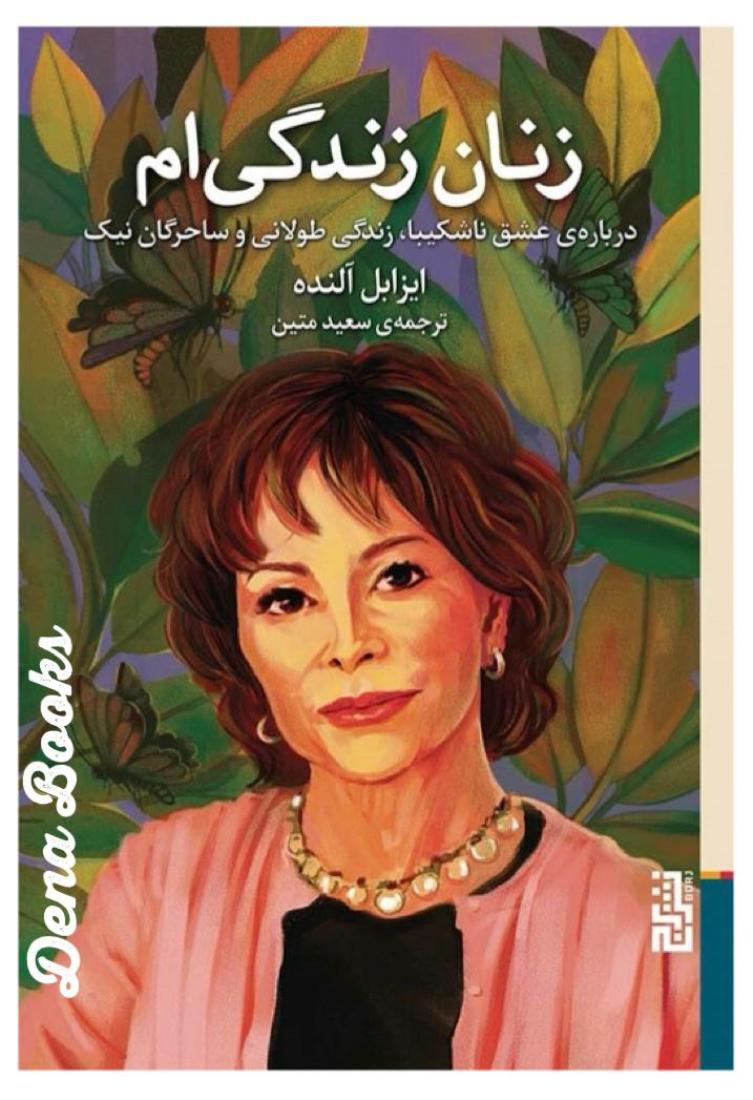زنان زندگی ام
او را باید به نام خودش خواند و نه نام پسرعموی شهیرش؛ ایزابل آلنده، زنی که در 40 سالگی اولین رمانش را نوشت و منتشر کرد، با آن نام خانوادگی مشهورش، یکی از نمادهای زنانهنویسی در ادبیات معاصر جهان است. زنی که رمانهایش همه ذکر هنرمندانهی مصائب و مناقب زنان شناس و ناشناس زندگیاش است در کتاب «زنان زندگیام؛ دربارهی عشق ناشکیبا، زندگی طولانی و ساحرگان نیک» پای زنان بسیاری را وسط کشیده تا ماجرای زن بودن در این جهان را تشریح کند؛ مادرش، مادربزرگش، خدمتکاران خانهشان، دوستان کودکی و بعدترش و … تا زنان درجه یک تاریخ هنر و ادبیات، همچون سیلویا پلات و می وست و … . جامعیت و شمول بسیار گفتارهای کوتاه بهظاهر پراکندهی ایزابل آلنده در این کتاب، موجب شده که تصویری روشن، یکه و یگانه و درعینحال وسیع و قابل تعمیم نسبت به شرایط زنان و وضعیت زنبودن در جهان زیر سیطرهی مردسالاری، حاصل شود. زنان زندگیام، از کودکی ایزابل و باورهای فمینیستیاش از ابتدا تا امروز را در برگرفته و تا مرزهای گوناگون تاریخ، سیاست و فرهنگ پیش میرود و مسائل پرمناقشهی مهمی چون ختنهی زنان و دختران، فانتزیهای عاشقانه و اروتیک زنانه، آیینها و سنتهای مذهبی و قومی و … را پیش رو گذاشته و خوانندگانش را به غور کردن و عمیق شدن در زنانگی دعوت میکند.
** The wise, warm, defiant meditation on what it means to be a woman – from literary legend Isabel Allende ** ’Allende combine[s] wit with anger as she picks apart the patriarchy’ Independent ’Full of Isabel’s wisdom and warm words’ Grazia ’Allende has everything it takes: the ear, the eye, the mind, the heart, the all-encompassing humanity’ New York Times _______________ When I say that I was a feminist in kindergarten, I am not exaggerating. As a child, Isabel Allende watched her mother, abandoned by her husband, provide for her three small children. As a young woman coming of age in the late 1960s, she rode the first wave of feminism. She has seen what has been accomplished by the movement in the course of her lifetime. And over the course of three marriages, she has learned how to grow as a woman while having a partner, when to step away, and the rewards of embracing one’s sexuality. So what do women want? To be safe, to be valued, to live in peace, to have their own resources, to be connected, to have control over their bodies and lives, and above all, to be loved. On all these fronts, there is much work to be done, and this book, Allende hopes, will ‘light the torch of our daughters and granddaughters with mine. They will have to live for us, as we lived for our mothers, and carry on with the work still left to be finished.’






